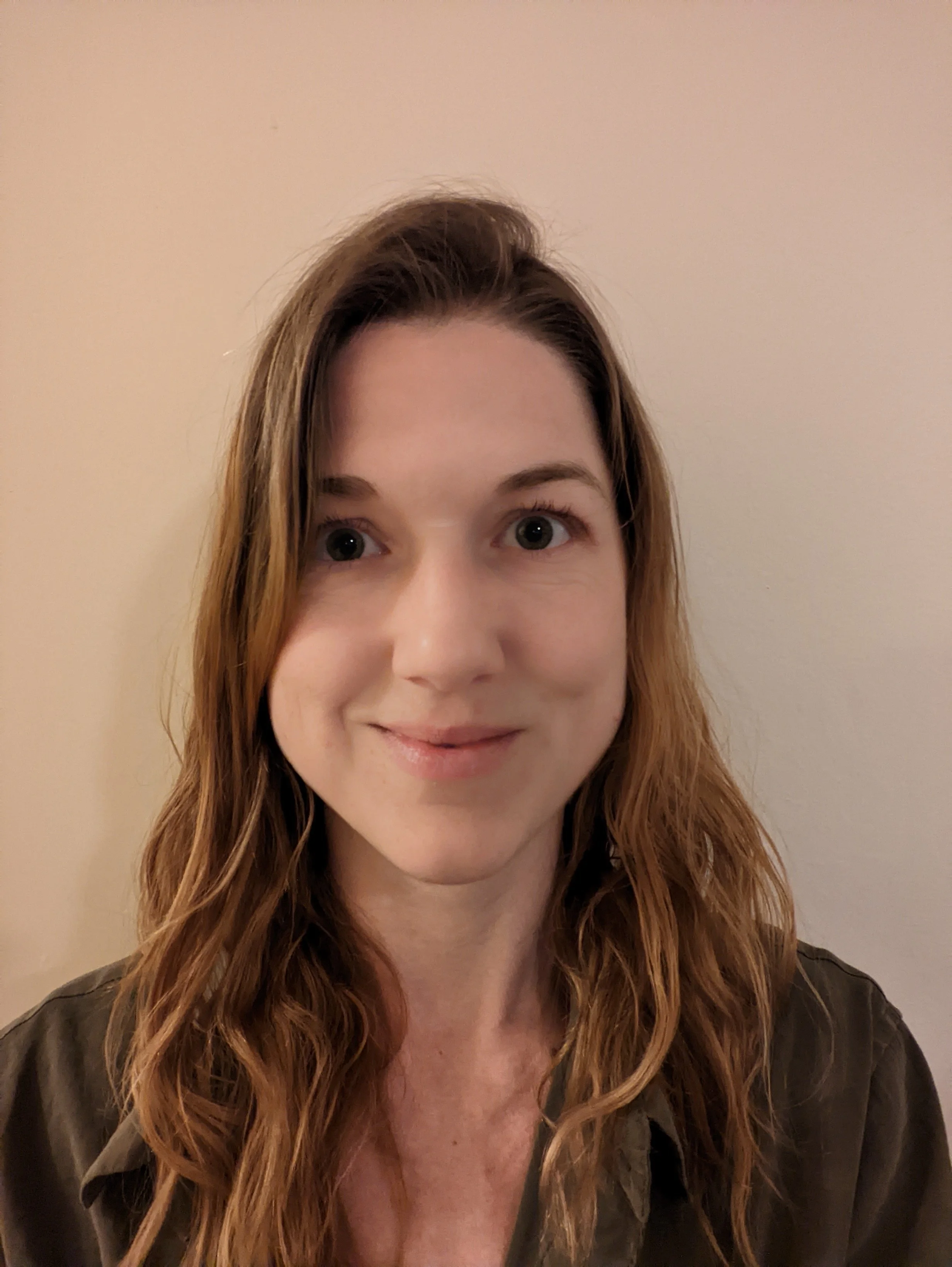Understanding seasonal affective disorder in Vancouver
Seasonal affective disorder can affect a large portion of the Canadian population but often goes unnoticed
An article by Liz Vossen
Sarah stares at her alarm clock showing 7:30 AM, but outside her Vancouver apartment window, it might as well be midnight. The familiar weight of dread settles over her as she realizes October has arrived again, bringing with it the same predictable pattern: mornings that feel impossible, an overwhelming craving for pasta and cookies, and the gradual withdrawal from friends who don't understand why she's "always tired." What Sarah is experiencing has a name, and it's far more common, and more serious, than she realizes.
What Seasonal Affective Disorder Is
Seasonal affective disorder, also known as SAD, is a form of depression that follows a seasonal pattern, most often beginning in the fall or winter when daylight hours are shorter. It is not just the "winter blues." Seasonal affective disorder brings substantial changes in mood, energy, and daily functioning that return year after year.
In Canada, approximately 2% to 3% of the population will experience the annual recurring pattern of seasonal affective disorder in their lifetime, while about 15% may notice a milder form of seasonal mood change (CMHA BC).
Why It Matters in Vancouver
Even though Vancouver’s winters are milder than in many other parts of the country, the unique combination of persistent grey skies and limited sunlight can greatly affect mental well-being. Reduced sun exposure may disrupt the body’s natural rhythms and emotional regulation, particularly for people already managing stress or anxiety.
Common impacts include difficulty waking up, low energy, reduced drive to move or socialize, cravings for carbohydrate-rich foods, and a gradual feeling of disconnection.
Signs You May Be Experiencing seasonal affective disorder
You may be experiencing seasonal affective disorder if you notice these symptoms showing up in a recurring pattern each fall and winter:
Persistent low mood during darker months
Sleeping more than usual or struggling to wake up
Feeling fatigued despite enough rest
Increased appetite, especially for carbs or sweets
Difficulty concentrating on work or studies
Losing interest in social or leisure activities
Ongoing irritability or feelings of hopelessness
Everyday Strategies for Coping with seasonal affective disorder
Professional support is often helpful, but there are also practical steps you can try on your own:
Increase light exposure: Spend time outdoors during daylight hours and consider light therapy lamps.
Maintain a routine: Consistent sleep and daily structure support mood regulation.
Stay physically active: Even light exercise such as walking can improve energy.
Stay connected: Reach out to friends or family rather than withdrawing.
Eat balanced meals: Nutrition plays a role in mood and energy levels.
Practice self-compassion: Remind yourself that seasonal affective disorder is linked to seasonal changes, not personal weakness.
When to Consider Counselling
If symptoms of seasonal affective disorder begin to interfere with daily life, counselling can provide a space to explore what is happening and to create coping strategies that fit your situation.
One month later, as November's grey skies settled over Vancouver, Sarah noticed something different. Instead of her usual spiral into fatigue and withdrawal, she was actively working with her seasonal pattern. Her morning light therapy lamp had become as routine as her coffee, and she'd kept up her commitment to daily walks with her neighbor, even in the drizzle. When cravings for comfort food hit, she reminded herself this was her body responding to seasonal changes, not a personal failing. Most encouraging of all, she had an appointment scheduled with a counselor who specialized in seasonal mood changes, and for the first time in years, Sarah felt hopeful about the winter ahead.
About the author: Liz Vossen, MC, MSc
Liz Vossen is an associate counsellor at the Vancouver Therapy Collective. Having weathered countless Vancouver winters herself, Liz Vossen knows firsthand how the city's relentless grey skies can chip away at even the most resilient spirits. Rather than offering generic advice to "just push through," she works collaboratively with clients to create personalized strategies that honor their body's seasonal responses while building genuine resilience. Her approach is simple: stop fighting winter and start working with it. For those ready to transform their relationship with darker months, she's here to help craft a plan that actually works.
About the Vancouver Therapy Collective
At Vancouver Therapy Collective, we provide affordable therapy for Seasonal Affective Disorder. We are a small counselling practice based in Vancouver that specializes in making therapy accessible by matching clients with practicum students in the final year of their master’s program. We use a sliding scale fee structure based on each individual’s resources, so that support is realistic and within reach.


